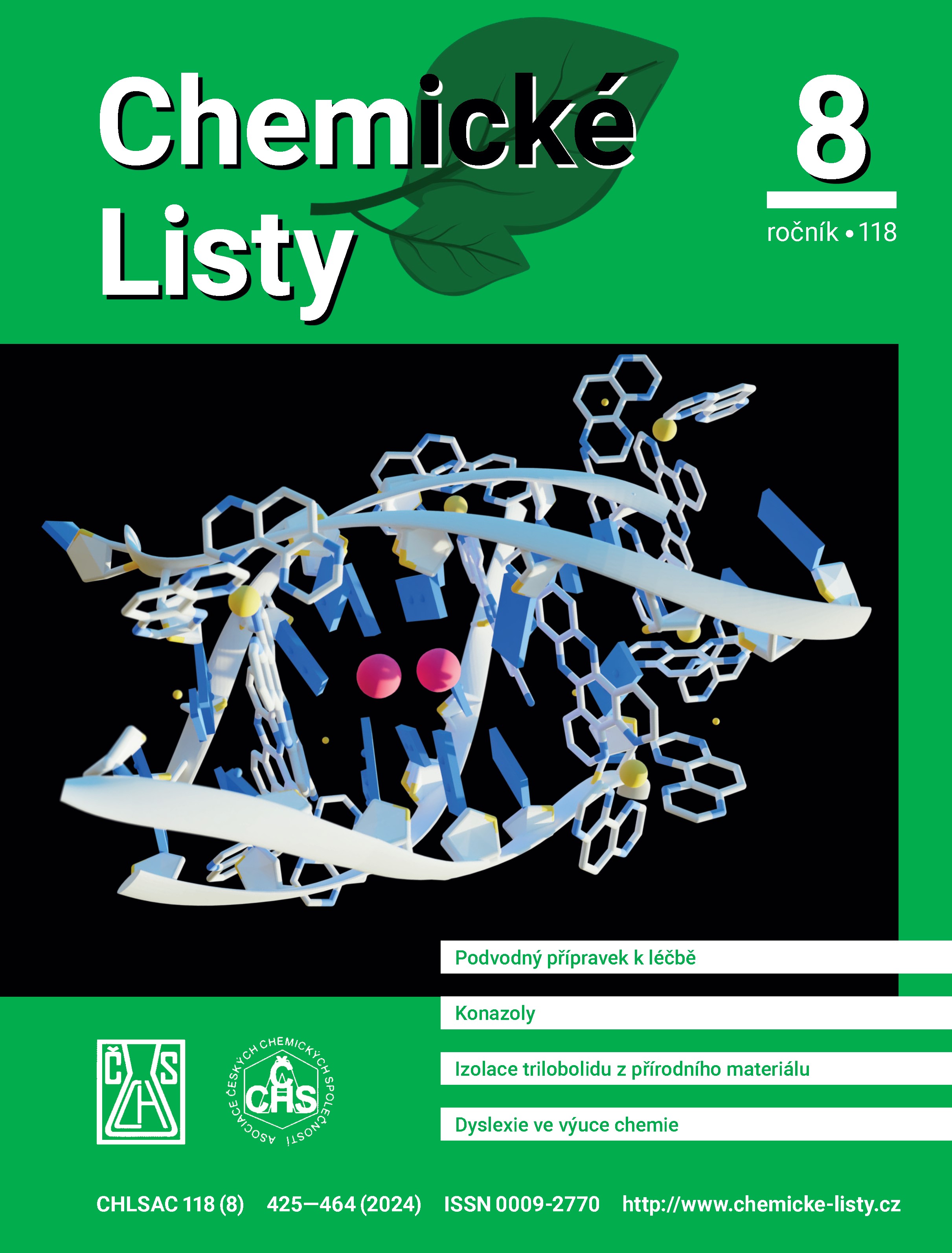Atómy a prázdnota: má atomistická teória čo povedať chemikom v 21. storočí?
DOI:
https://doi.org/10.54779/chl20240433Klíčová slova:
atomizmus, atóm, prázdny priestor, Demokritos, filozofia chémieAbstrakt
Although the theory of atomism was postulated by Greek philosophers, such as Democritus, Epicurus, and Leucippus 2500 years ago, it remains inspiring for chemists. It is worth considering how this theory, without scientific evidence, could so closely correlate with conclusions derived from experimental results achieved by physicists and chemists since the 19th century. Physics has refuted the notion of the indivisibility of atoms; on the other hand, subatomic particles no longer carry the qualitative attributes of matter. Despite these advancements, the theory of atomism remains relevant from the perspective of an experimental chemist who works daily with atoms, ions, and molecules. The theory of atomism was brought back into focus with the advent of Dalton, who adapted the concept of atoms to modern scientific knowledge. This paper provides a brief historical overview of the development of atomistic theory, contemplating its relevance to the current chemical understanding of atoms and their properties. Synthesizing these perspectives, it becomes evident that modern science essentially confirms the insights of ancient atomists, originally conceived through reason and rational deliberation.

Aj keď teória atomizmu bola postulovaná gréckymi filozofmi Demokritom, Epicurom a Leukippom pred 2500 rokmi, pre chemikov zostáva stále inšpirujúca. Na mieste je otázka, ako mohla táto teória, bez vedeckých dôkazov, tak úzko korelovať so závermi odvodenými z experimentálnych výsledkov fyzikov a chemikov dosiahnutými počnúc 19. storočím. Fyzika síce vyvrátila názor o nedeliteľnosti atómov, na druhej strane subatómové častice už nenesú kvalitatívne atribúty hmoty. Napriek týmto pokrokom zostáva teória atomizmu relevantná z pohľadu experimentálneho chemika, ktorý denne pracuje s atómami, iónmi a molekulami. Atomistická teória sa opäť dostala do popredia s príchodom Daltona, ktorý prispôsobil atómy poznatkom moderného vedeckého poznania. Táto práca poskytuje stručný historický prehľad vývoja teórie atomizmu, uvažujúc o jej relevancii pre súčasné chemické pochopenie atómov a ich vlastností. Syntézou týchto perspektív vyplýva záver, že moderná veda v podstate potvrdzuje poznatky starých atomistov, ktoré pôvodne vznikli len prostredníctvom rozumu a racionálneho rozvažovania.





